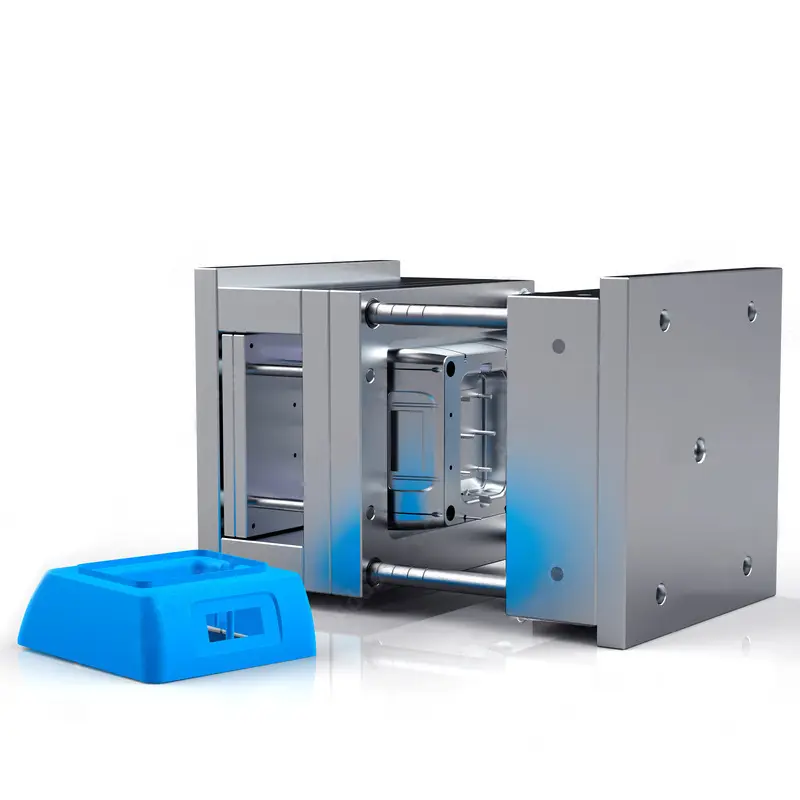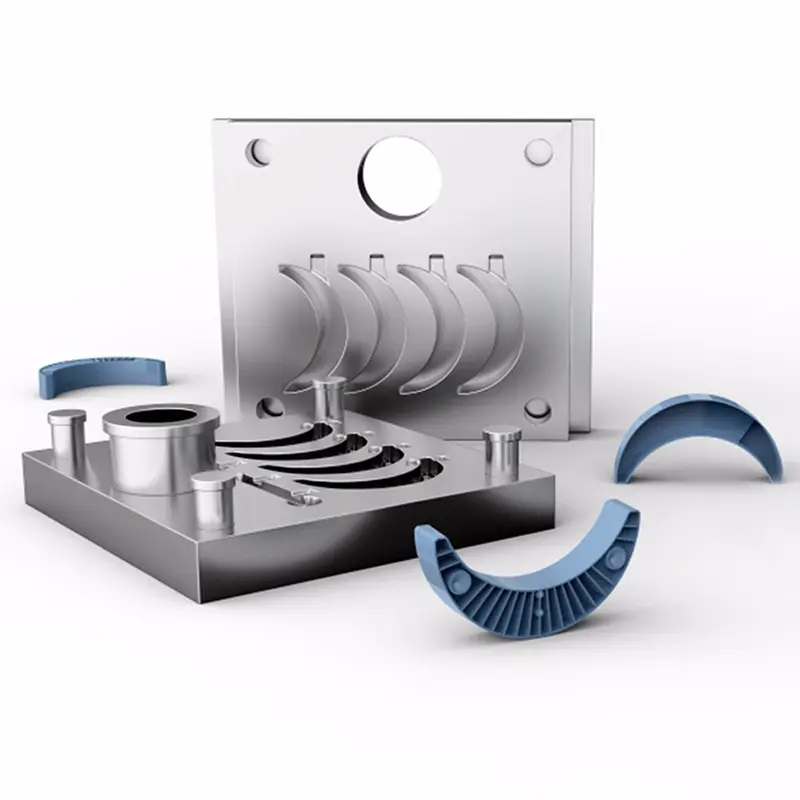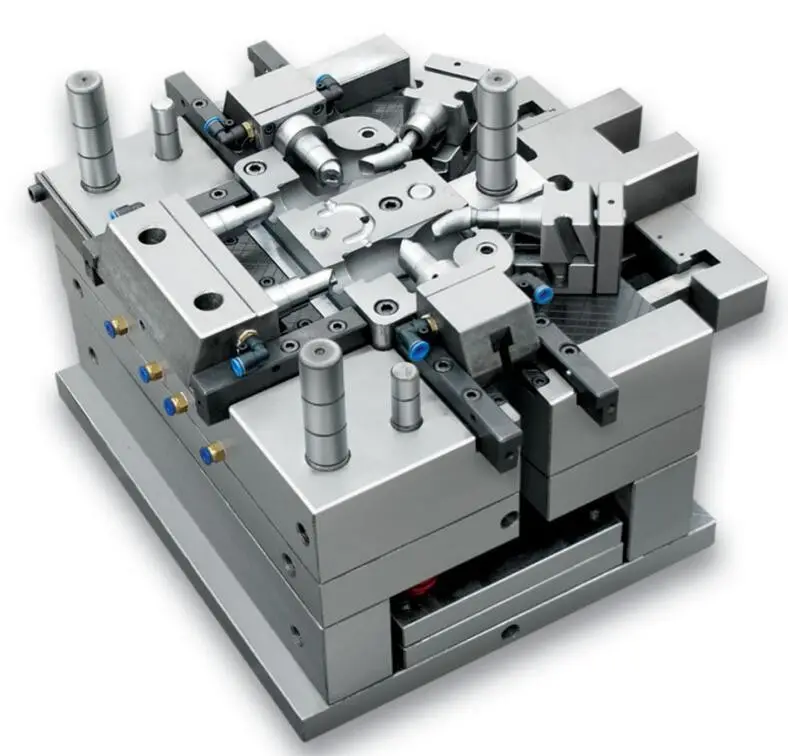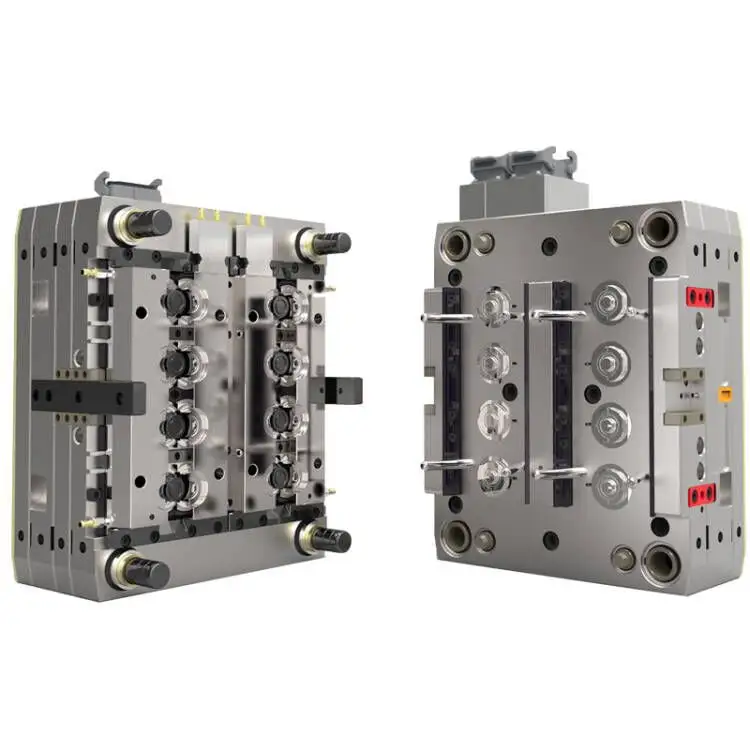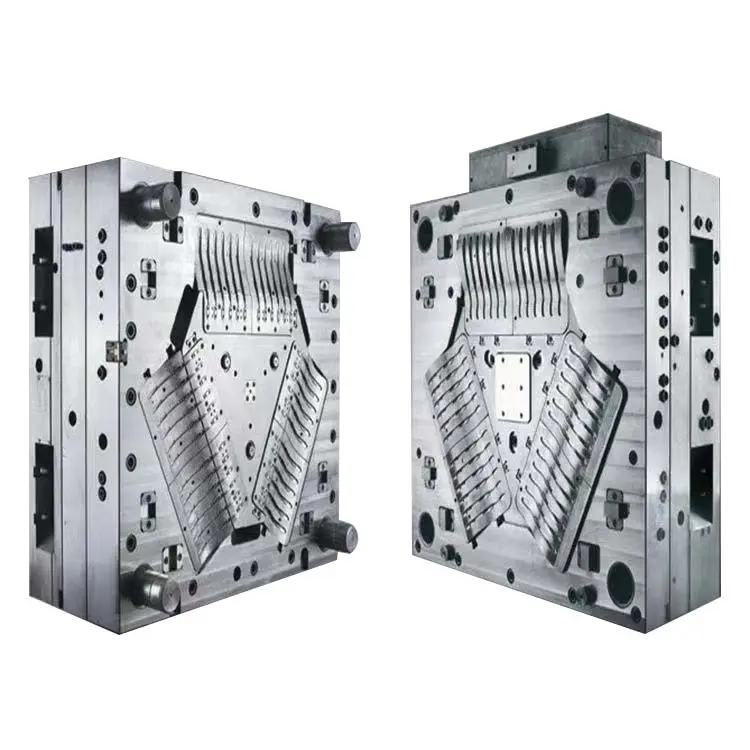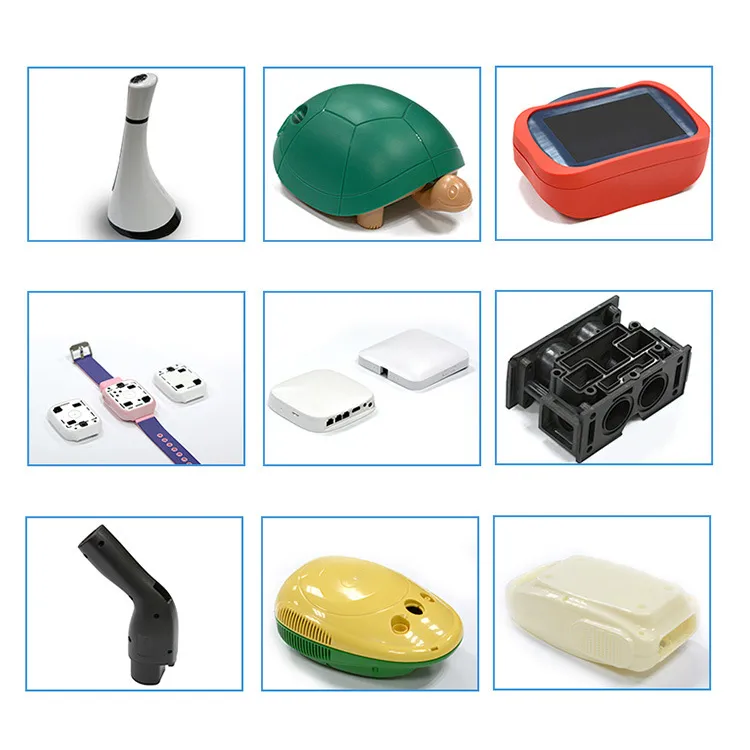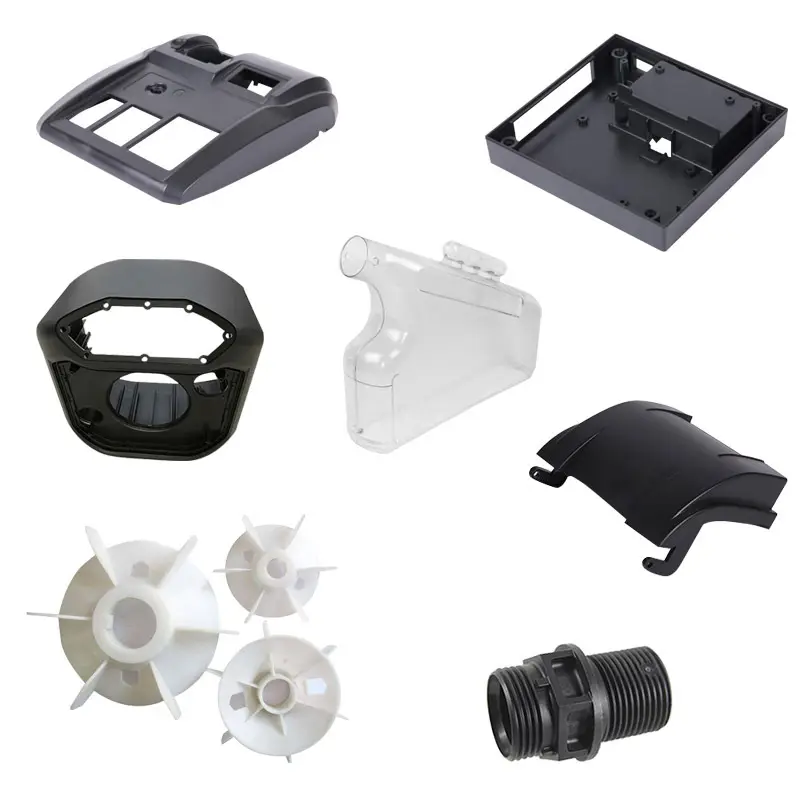At Elite Mold, we pride ourselves on delivering top-notch Injection Molding services that cater to a wide range of industries and applications. A critical aspect of our success is selecting the right thermoplastics for each injection molding project. This comprehensive guide aims to provide valuable insights into the various types of thermoplastics, their properties, and how to choose the best one for your specific needs.
Understanding Thermoplastics
Thermoplastics are a class of polymers that become pliable or moldable at elevated temperatures and solidify upon cooling. They are widely used in injection molding due to their versatility, durability, and ease of processing. Choosing the right thermoplastic is crucial for ensuring the quality, performance, and cost-effectiveness of the final product.
Common Types of Thermoplastics
- Polyethylene (PE): Known for its excellent chemical resistance and low cost, polyethylene is commonly used in packaging, containers, and household goods. It is available in various densities, including low-density polyethylene (LDPE) and high-density polyethylene (HDPE).
- Polypropylene (PP): Polypropylene offers a good balance of properties, including chemical resistance, flexibility, and durability. It is widely used in automotive parts, medical devices, and consumer goods.
- Acrylonitrile Butadiene Styrene (ABS): ABS is known for its toughness, impact resistance, and ease of processing. It is commonly used in automotive parts, electronic housings, and toys.
- Polycarbonate (PC): Polycarbonate is highly transparent, impact-resistant, and has good dimensional stability. It is often used in optical lenses, medical devices, and safety equipment.
- Nylon (Polyamide): Nylon is known for its high mechanical strength, abrasion resistance, and thermal stability. It is commonly used in automotive parts, gears, and mechanical components.
- Polyethylene Terephthalate (PET): PET is widely used in packaging, particularly for bottles and containers, due to its excellent clarity and chemical resistance.
- Polystyrene (PS): Polystyrene is cost-effective and easy to process, making it suitable for disposable products, packaging, and insulation.

Factors to Consider When Choosing Thermoplastics
- Mechanical Properties: Consider the required strength, toughness, and flexibility of the final product. Materials like ABS and polycarbonate are known for their high impact resistance, while nylon offers excellent mechanical strength.
- Chemical Resistance: Evaluate the chemical environment the product will be exposed to. For example, polyethylene and polypropylene are highly resistant to chemicals, making them ideal for containers and packaging.
- Thermal Properties: Assess the operating temperature range of the product. Materials like polycarbonate and nylon have good thermal stability, suitable for high-temperature applications.
- Electrical Properties: For electronic components, consider materials with good insulating properties, such as ABS and polypropylene.
- Transparency: If optical clarity is essential, materials like polycarbonate and PET are excellent choices due to their high transparency.
- Cost: Balance the material cost with performance requirements. While materials like polycarbonate offer superior properties, they may be more expensive than polyethylene or polystyrene.
- Processing Ease: Consider the ease of processing and moldability of the material. Materials like ABS and polypropylene are known for their excellent processability, making them suitable for complex shapes and designs.
Elite Mold’s Expertise in Thermoplastic Selection
As a leading provider of Injection Molding services, Elite Mold leverages extensive experience and advanced technology to select the optimal thermoplastics for each project. Our team of experts conducts thorough material evaluations and testing to ensure that the chosen thermoplastic meets the specific requirements of your application.
Conclusion
Choosing the right thermoplastic is a crucial step in the injection molding process, impacting the quality, performance, and cost-effectiveness of the final product. By considering factors such as mechanical properties, chemical resistance, thermal stability, and cost, you can select the best material for your needs.
At Elite Mold, we are committed to providing high-quality Injection Molding services that meet the diverse needs of our clients. Our expertise in thermoplastic selection ensures that your products are manufactured to the highest standards. For more information on how we can assist you with your injection molding projects, contact Elite Mold today.
Tags: plastic injection mold,automotiv,plastic molding,high precision injection molding

